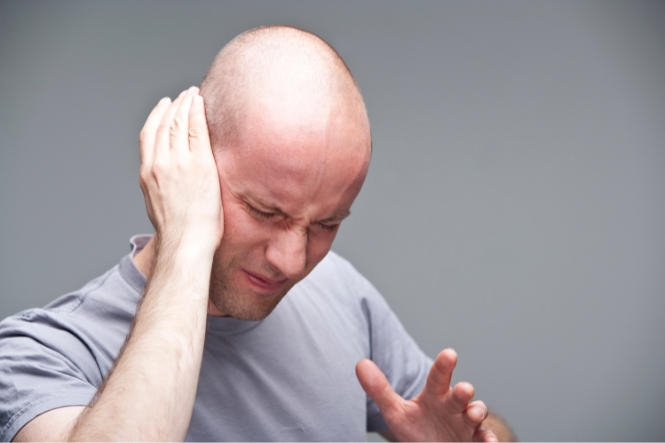Many of the same rules of protecting your adult hearing apply to children / tamariki as well. The best way to protect your child's hearing is to avoid loud sounds and noisy activities. If loud noise can't be avoided, have your family wear earmuffs or earplugs.
Here are some places and activities that might damage your child's (and your) hearing:
- Loud movies, speedway or car racetracks, sports events (eg, rugby games), fireworks shows and big music concerts.
- Riding a dirt bike, motorbike or farm vehicle like a tractor or harvester.
- Watching or participating in wood chopping at a country show.
- Participating in some sports like target shooting or skeet shooting. A gunshot can damage your child's hearing for life.
- Noisy activities or games like paintball.

Image credit: Canva
Just as you would teach your child to wear sunscreen and a hat outdoors, or buckle them safely into the car with a seatbelt, you can teach them how and when to wear hearing protection.
Remember, if they see you doing it, it makes it easier for them to follow your example.









